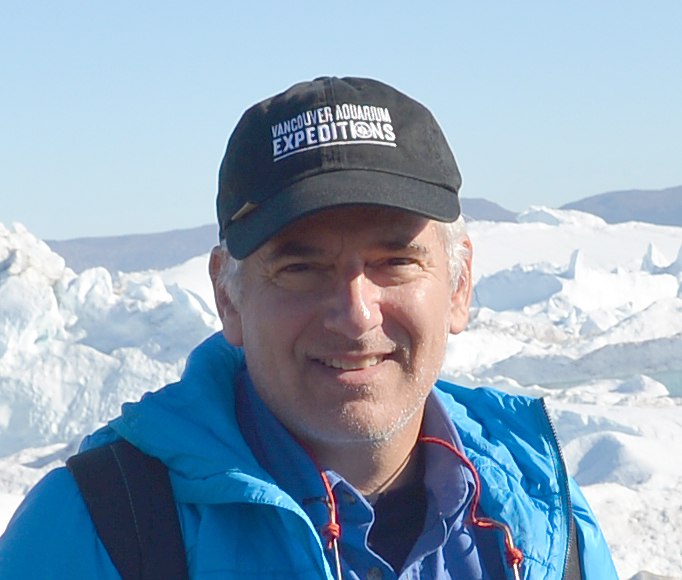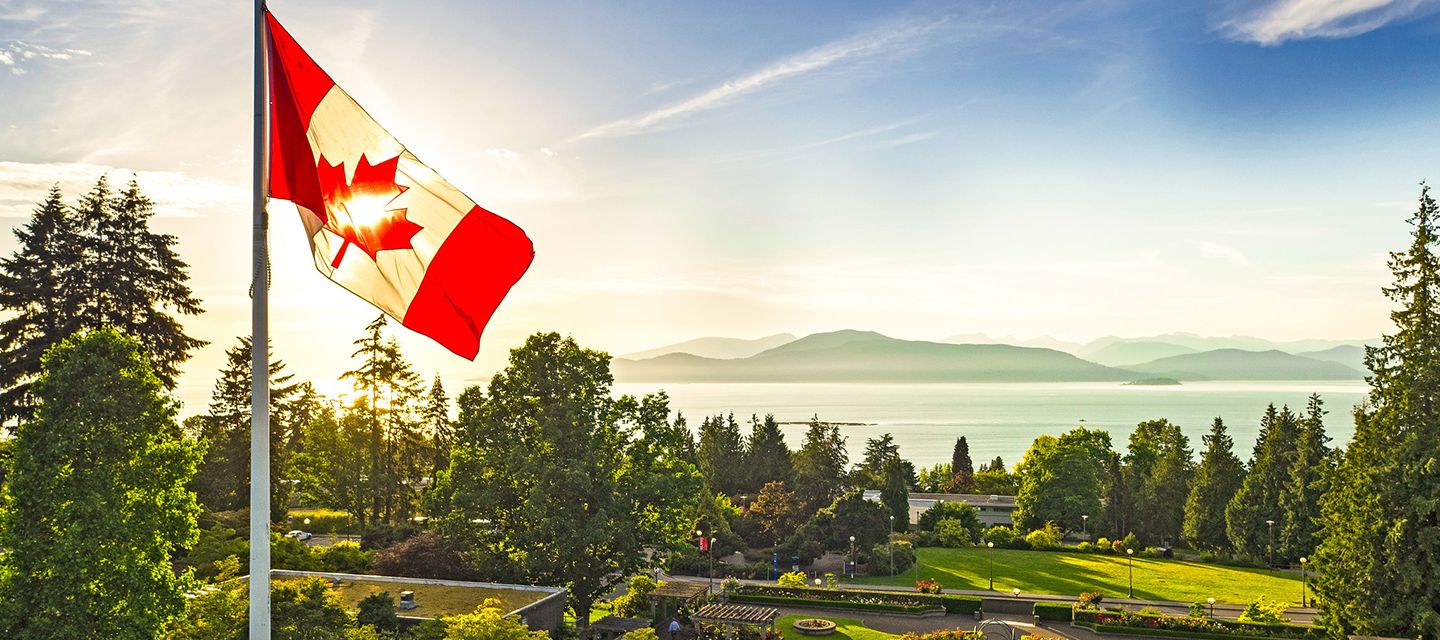Managing the world’s oceans can’t be done in isolation, and with the longest coastline in the world Canada has a vital role to play.
UBC’s Dr. Rashid Sumaila, Professor in the Institute for Oceans and Fisheries and the School of Global Public Policy and Global Affairs, recognized the need to understand and address the threats facing Canada’s Arctic, Atlantic and Pacific oceans and coastal regions and to develop a shared vision for their future.
In 2014 he secured funding from the Social Sciences and Humanities Research Council of Canada (SSHRC) to establish OceanCanada, a six-year research initiative bringing together 19 research partners from coast to coast including universities, community organizations and the Department of Fisheries and Oceans Canada.
The OceanCanada partnership integrates interdisciplinary scholarly research with local and traditional knowledge to shape policies at the regional and national level. This approach helps to ensure that policies are responsive to community needs, and reflects the importance of developing a shared understanding of emerging threats, challenges and opportunities for Canada’s oceans and coastal regions. As well as acknowledging the importance of balancing academic and community knowledge, OceanCanada places huge emphasis on the value of sharing this knowledge publicly.

When he was establishing OceanCanada, Dr. Sumaila approached Eric Solomon, Director of Arctic Programs at Ocean Wise Conservation Association and Co-Lead of Ikaarvik, a program that empowers northern Indigenous youth and their communities to identify and act on local research priorities using both local Indigenous Knowledge and science, to be part of the initiative. Eric didn’t take much convincing, the prospect of working alongside Arctic Indigenous Communities, researchers, policy-makers, educators and the general public spoke precisely to his long term commitment to improving the communication of complex science and environmental issues to public audiences. As a co-lead of OceanCanada’s Knowledge Mobilization Working Group, Eric leads on a wide range of activities that help to bridge the gap between local knowledge and academic research, as well as disseminating this information to the public in engaging and innovative ways. Whilst Eric’s expertise is in the Arctic region, the group contains expertise from all three of Canada’s coastal-ocean regions.
As Dr. Sumaila has previously said: “Research that remains on the pages of academic journals is a missed opportunity for having societal impact.” This sentiment really underlines the philosophy of OceanCanada and its Knowledge Mobilization component, as the partnership strives to communicate its research as widely and effectively as possible. When the 19 partners align their messages, they are able to increase their impact and create further opportunities to share their knowledge. The strategy is clearly working as since 2014 the partnership has developed 12 films, been mentioned or appeared 281 times in popular media and delivered 275 presentations.
Thanks to the partnership’s dedication to communicating its research and ambitions, OceanCanada has been building international recognition and Dr. Sumaila is increasingly being invited all over the world to speak about the initiative, a promising step towards his hope that the partnership can become a model for how other countries approach the management of their coasts and oceans.
Find out more about Dr. Rashid Sumaila and Eric Soloman’s experience of knowledge exchange through the OceanCanada initiative in this conversation facilitated by Dr. Minelle Mahtani, Associate Professor at the Institute for Social Justice at UBC, from the event Candid Conversations - The Importance of Dialogue in Generating Impact held by the UBC Knowledge Exchange Unit on May 15, 2019.
Find out more about OceanCanada.
Listen back to the other two conversations from the Candid Conversations event hosted by UBC's Knowledge Exchange Unit:
